Cambridge Ion Channel Forum
Speaker biographies
Prof Hugh Robinson, University of CambridgeHugh Robinson carried out his undergraduate studies at the University of Cambridge in Natural Sciences, graduating in 1982. After a year in the graduate program at Rockefeller University in New York, when he was greatly influenced by the Single Channel Recording course at Cold Spring Harbor in 1983, he moved back to Cambridge for his PhD, working with Professor Denis Haydon in the Physiological Laboratory, on the gating of single potassium channels. Following this, in 1988, he moved to Japan for postdoctoral work on synaptic ion channels at the Tokyo Metropolitan Institute for Neurosciences (1988-91) and development of multielectrode array technology in the Materials Science Department of NTT Basic Research Laboratories (1991-93). In 1993, he returned to the Physiological Laboratory in Cambridge, firstly as Wellcome Vision Research Fellow, and then from 1996, as University Lecturer in Neuroscience, and Fellow of Corpus Christi College. He is currently Professor of Cellular Electrophysiology in the Department of Physiology, Development and Neuroscience in the University of Cambridge. During his career, he has made many contributions to understanding electrical signal integration by neurons, including pioneering the technique of conductance injection, or dynamic clamp, which is recognised as a novel and powerful paradigm for probing the electrical roles of ion channels in electrophysiology, and which is now a standard tool in neuroscience. Other contributions include the first direct measurements of single channel properties at central synapses, establishing the concept of type 1 and type 2 threshold dynamics in cortical neurons, and uncovering the biophysical mechanisms of irregular firing, and of resonant firing during gamma oscillations, in cortical inhibitory neurons. Recognising that electrophysiology can give important insights into fundamental cancer biology, he recently switched his focus to investigating neural and electrophysiological aspects of cancer, within the emerging field of cancer neuroscience. | 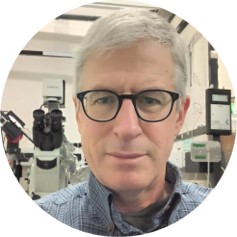 |
Dr Kelly Gatfield, GSKDr. Kelly Gatfield is an expert in ion channel and transporter drug discovery, with more than 15 years of experience at GlaxoSmithKline (GSK). She holds a PhD in Cell Biology from the University of Newcastle-upon-Tyne, providing a strong academic foundation for her work. Currently, she is a Scientific Leader and Group Leader within GSK's Discovery Biology and Screening department, where she manages a team focused on assay development and screening. In her role, Dr. Gatfield has been instrumental in developing multiple assays using automated electrophysiology platforms. She has been pivotal in integrating next generation technologies to enhance the efficacy of portfolio projects and improve safety profiling processes. Her leadership includes formulating and executing screening strategies for ion channels and transporter targets, which are crucial in developing treatments for various diseases. Dr. Gatfield's work at GSK underscores her commitment to advancing drug discovery, particularly in her specialized area of expertise. |  |
Dr Paul Miller, University of CambridgePaul did his PhD and a postdoc with Professor Trevor G Smart at University College London, where he applied electrophysiological and pharmacological approaches to link structure and function for, principally, glycine receptors. Subsequently, from 2010, Paul attained a Wellcome Trust OXION postdoctoral fellowship, in the Division of Structural Biology at University of Oxford, where he established methodologies for the production of membrane proteins within the department. Paul used these techniques to solve the first structure of a GABAAR, and later on for the production of antibodies with novel pharmacology and high selectivity against them. He joined the Department of Pharmacology, University of Cambridge as a lecturer in 2018 to study small molecule, toxin and antibody pharmacology of ion channels. | 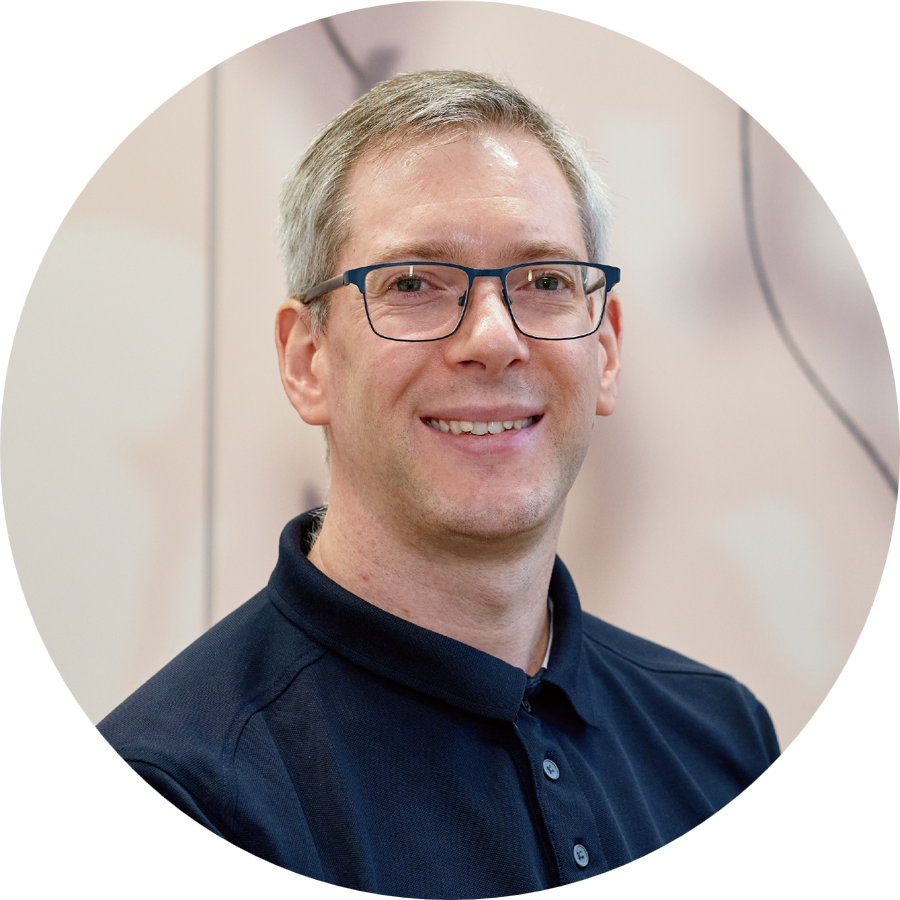 |
Prof Christian Grimm, University of Munich2025 - present: Full Professor of Organelle Biology and Pharmacology, Department of Pharmacology, Faculty of Medicine, University of Oxford, UK 2022 - present: PI and Head of Pharmacology Department, Fraunhofer Institute for Translational Medicine and Pharmacology (ITMP), Immunology, Infection and Pandemic Research (IIP), Frankfurt/ München/Penzberg, Germany 2018 - present: Associate Professor (W2) of Molecular Pharmacology (tenured since 2022), Walther Straub Institute of Pharmacology and Toxicology, Faculty of Medicine, LMU München, Germany 2015 - 2018: “Privatdozent” (Assistant Prof. eq.) and Group Leader, Department of Pharmacy/Pharmacology, Faculty of Chem. & Pharm., LMU München, Germany 2011 - 2015: Lecturer (“Habilitand”) and Group Leader, Department of Pharmacy/ Pharmacology, Faculty of Chem. & Pharm., LMU München, Germany (Prof. Dr. Martin Biel) 2009 - 2011: Principal Scientist (Group Leader), Pain Research Unit - Discovery Biology, Pfizer Ltd. Global R&D, Sandwich, Kent, United Kingdom 2005-2009: Post-Doc, Department of Otolaryngology - Head & Neck Surgery and Molecular & Cellular Physiology, Medical School, Stanford University, CA, USA (Prof. Dr. Stefan Heller) 2004-2005: Post-Doc, Department of Otolaryngology and Program in Neuroscience, Massachusetts Eye & Ear Infirmary, Medical School, Harvard University, Boston, MA, USA (Prof. Dr. Stefan Heller) | 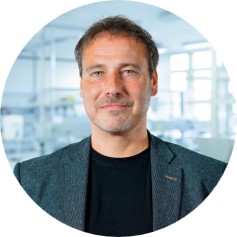 |
Dr Alex Haworth, Metrion BiosciencesAlex Haworth is a senior scientist at Metrion. He obtained a BSc from the University of Sheffield before moving to the University of York to pursue a PhD investigating the function of sodium channels in breast cancer cells. Alex joined Metrion in 2020 and is responsible for a variety of manual and automated patch clamp projects. | 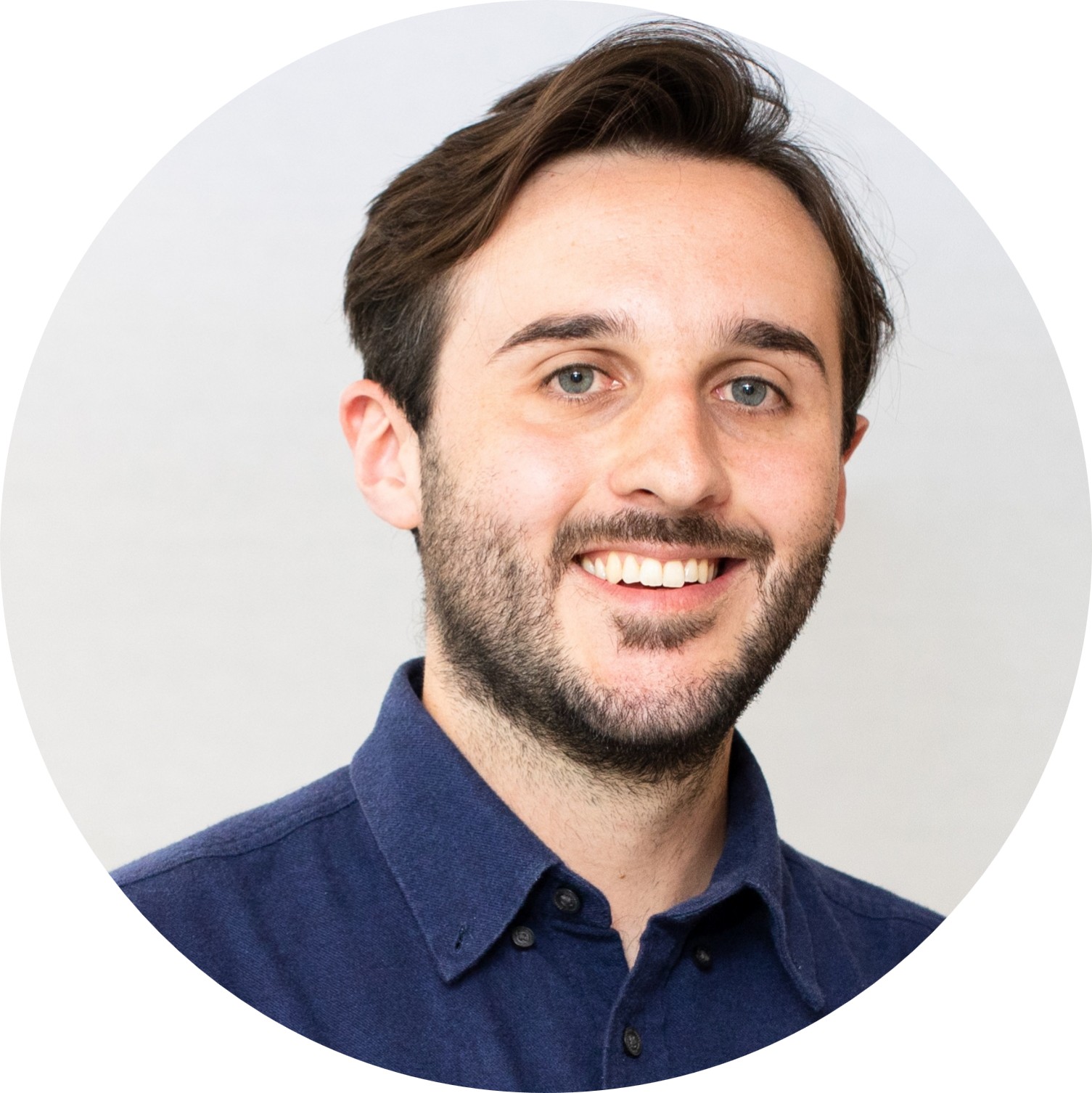 |
Prof Sandip Patel, University College LondonSandip Patel is Professor of Cell Signalling at University College London. He obtained a BSc in Medical Biochemistry from Birmingham and a PhD in Pharmacology from Cambridge. Sandip held Research Fellowships funded by the Wellcome Trust and Hayward Foundation at several institutions in the USA and UK including Oxford prior to tenure. He was elected to the membership of Academia Europaea in 2020 and awarded the GL Brown Prize Lecture from the Physiological Society in 2023. Sandip sits on panels of various funding bodies including the Medical Research Council and he is currently the Deputy Head of the Department of Cell and Developmental Biology at UCL. His research has demonstrated the widespread physiological importance of so-called ‘acidic calcium stores’ within our cells and helped define the molecular mechanisms underpinning their actions. | |
Prof Raimund Dutzler, University of Zurich2009 - present: Professor of Biochemistry, University of Zurich, CH 2003 - 2009: Assistant Professor of Biochemistry, University of Zurich, CH 1999 – 2003: Postdoctoral Associate, Rockefeller University (Prof. R. MacKinnon), New York, USA 1994 – 1998: PhD Studies in Biophysics, Biozentrum, University of Basel (Prof. T. Schirmer), CH 1987 – 1994: Undergraduate Studies in Biochemistry, University of Vienna, AT | 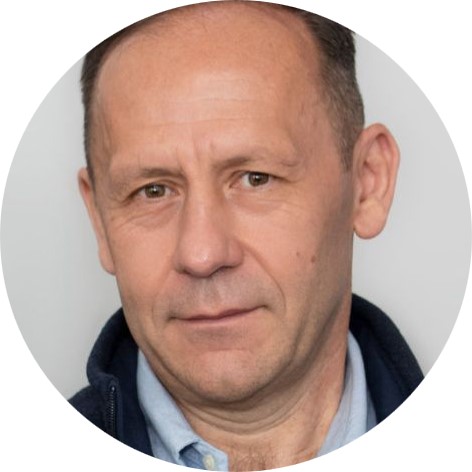 |
